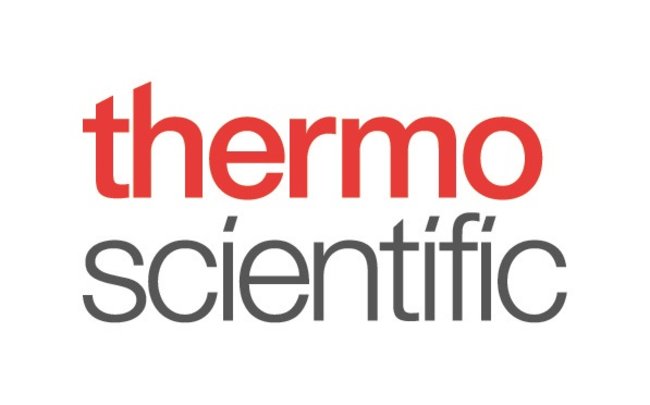Search Thermo Fisher Scientific

Thermo Scientific Chemicals
4-Acetylbutyric acid, 97%, Thermo Scientific Chemicals
CAS: 3128-06-1 | C6H10O3 | 130.14 g/mol
Catalog number ALFL03978.06
View Price:Sign InSign in to see your account pricing. Need an account? Register with us today.
Quantity:
5 g
Specifications
Chemical Name or Material4-Acetylbutyric acid
CAS3128-06-1
Health Hazard 1H315-H319
Health Hazard 2GHS H Statement
H315-H319
Causes skin irritation.
Causes serious eye irritation.
H315-H319
Causes skin irritation.
Causes serious eye irritation.
Health Hazard 3P264b-P280-P302+P352-P305+P351+P338-P332+P313-P362
View more
4-Acetylbutyric acid is used in the synthesis of selective indomethacin analogues for AKR1C3 inhibition in the treatment of castrate-resistant prostate cancer. It is also used to prepare PARP inhibitors for the treatment of cancer.
This Thermo Scientific Chemicals brand product was originally part of the Alfa Aesar product portfolio. Some documentation and label information may refer to the legacy brand. The original Alfa Aesar product / item code or SKU reference has not changed as a part of the brand transition to Thermo Scientific Chemicals.
Applications
4-Acetylbutyric acid is used in the synthesis of selective indomethacin analogues for AKR1C3 inhibition in the treatment of castrate-resistant prostate cancer. It is also used to prepare PARP inhibitors for the treatment of cancer.
Solubility
Slightly soluble in water, chloroform and methanol.
Notes
Store in cool place. Keep container tightly closed in a dry and well-ventilated place. Incompatible with oxidizing agents.
4-Acetylbutyric acid is used in the synthesis of selective indomethacin analogues for AKR1C3 inhibition in the treatment of castrate-resistant prostate cancer. It is also used to prepare PARP inhibitors for the treatment of cancer.
Solubility
Slightly soluble in water, chloroform and methanol.
Notes
Store in cool place. Keep container tightly closed in a dry and well-ventilated place. Incompatible with oxidizing agents.
RUO – Research Use Only
Andy J. Liedtke; Adegoke O. Adenij; Mo Chen; Michael C. Byrns; Yi Jin; David W. Christianson; Lawrence J. Marnett and Trevor M. Penning. Development of Potent and Selective Indomethacin Analogues for the Inhibition of AKR1C3 (Type 5 17β-Hydroxysteroid Dehydrogenase/Prostaglandin F Synthase) in Castrate-Resistant Prostate Cancer.J. Med. Chem.2013, 56 (6), 2429-2446.
